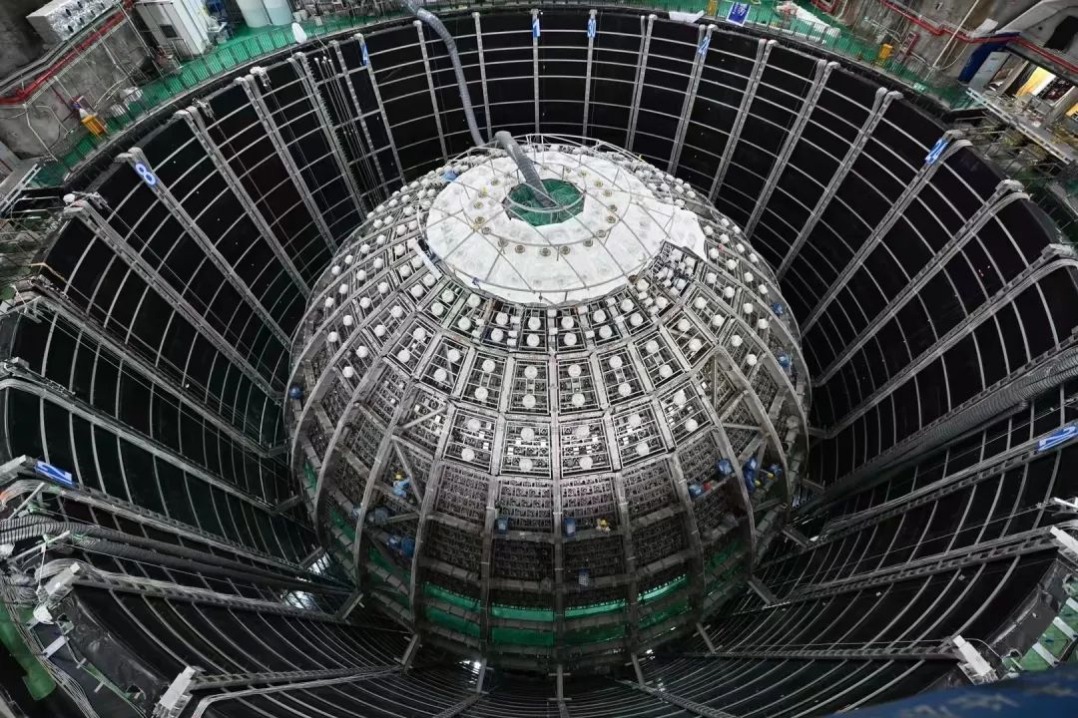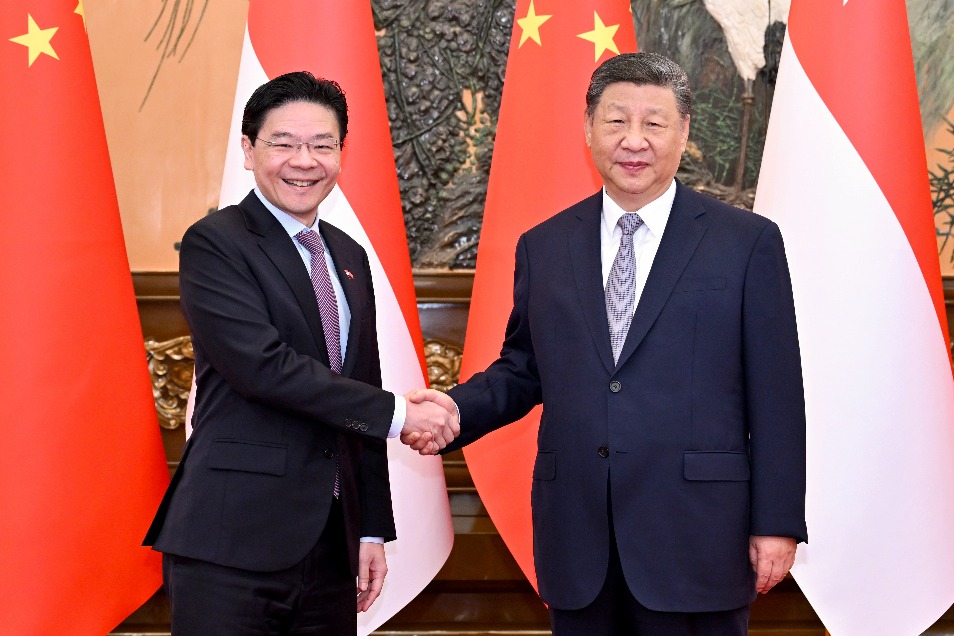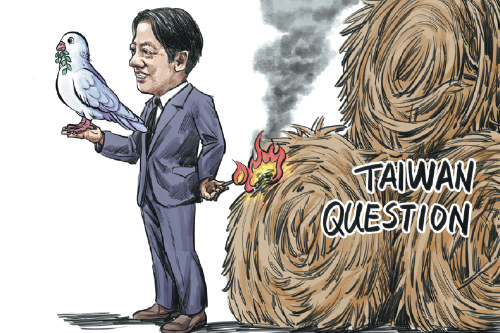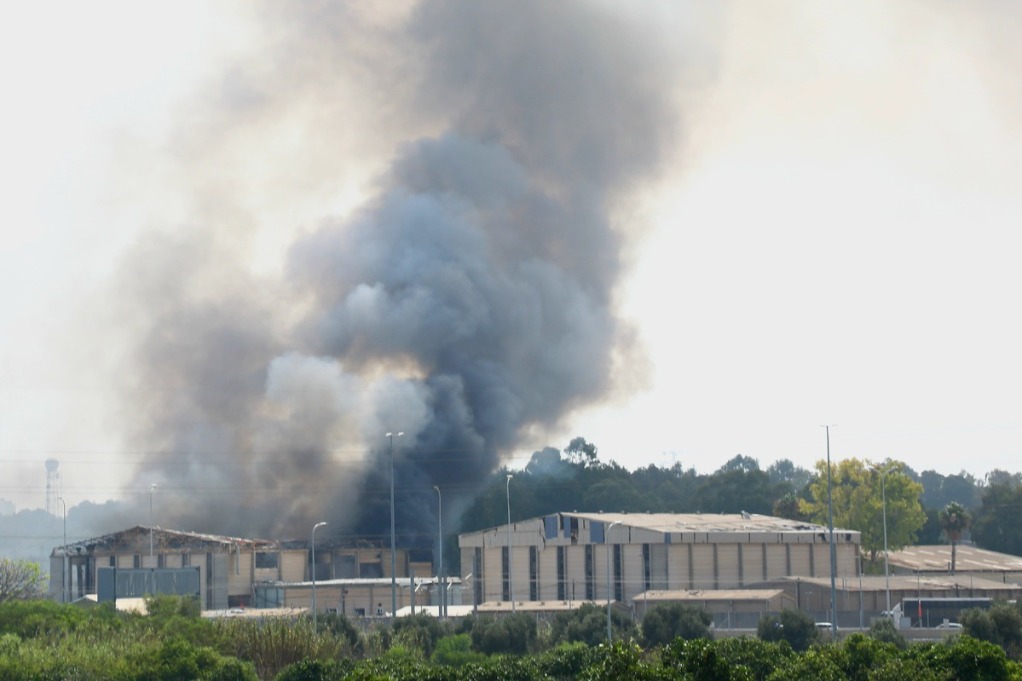Ceasefire must not be delayed-action bomb: China Daily editorial

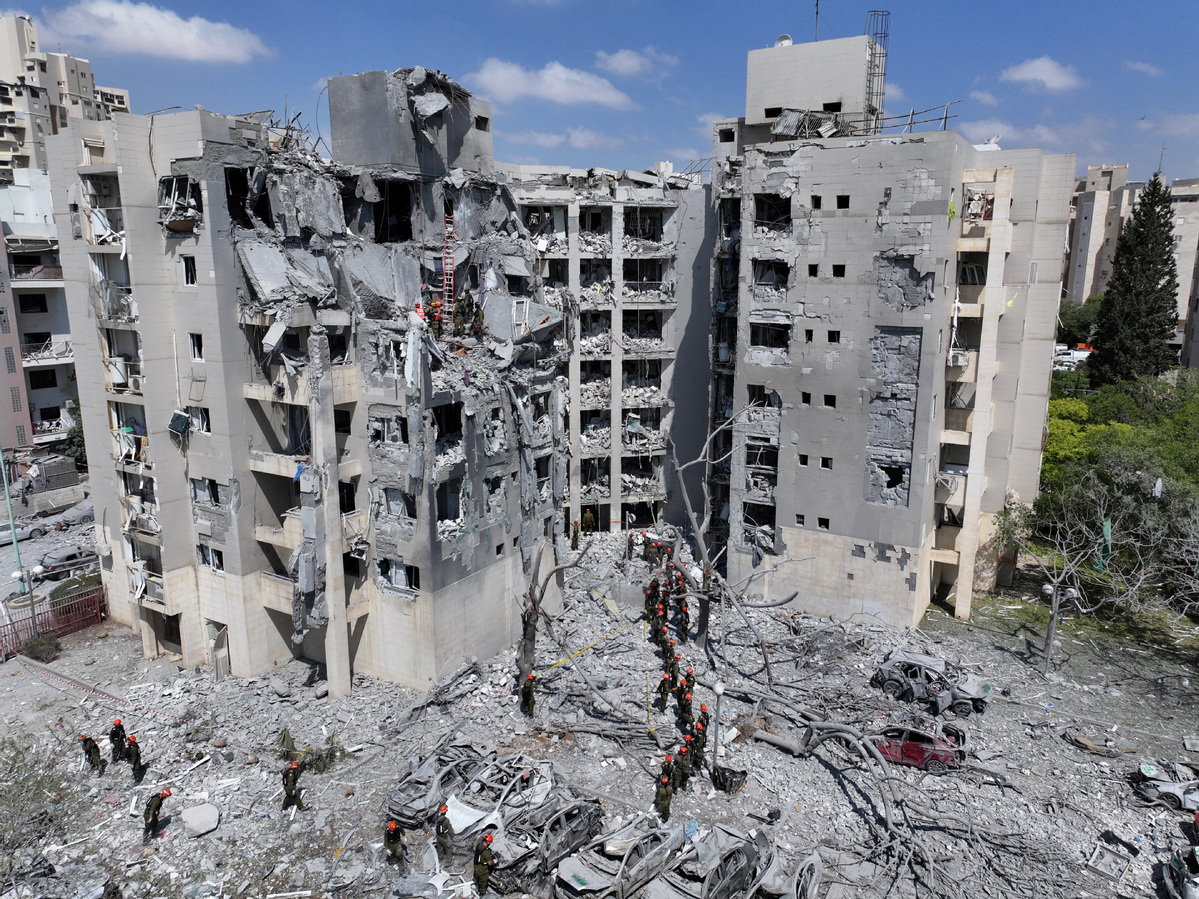
With Israel and Iran blaming each other for continuing attacks on Tuesday after agreeing to a ceasefire intended to end their conflict, how the situation in the Middle East will evolve remains up in the air. But what has happened since Hamas' attacks on Israel on Oct 7, 2023, provides a means of plotting the trajectory of the overall trend and thus its potential future course.
US President Donald Trump announced on Monday that Israel and Iran had agreed to a ceasefire to end their hostilities, to be phased in over the subsequent 24 hours. Although both sides said they had accepted Trump's ceasefire proposal, he later expressed his irritation at both sides violating the deal.
So it remains to be seen whether a ceasefire will take effect.
Even if the two archrivals do halt their attacks, at least for the time being, past practices in the region may not bode well for the future.
While Trump's declaration that "The War will be considered, ENDED" has enabled the US to emerge from being a target of peace-loving parties' censure for its unauthorized attacks on a sovereign state's nuclear facilities as the party trying to pull the chestnuts out of the fire.
Should the ceasefire hold, Israel, whose defense system and society have been under pressure, will undoubtedly have a certain respite as Iran's moves will be restrained, making the US' ally the immediate beneficiary of the peace initiative the US has offered.
The question now is: After the pause button has been pressed so abruptly, due to respective considerations of different parties — Iran too needs a respite — how will the Middle East crisis evolve?
It was after the Israel-Hamas ceasefire fell apart — which also raised people's hopes for peace — that the Gaza crisis became even worse and expanded to a wider area in the Middle East.
During the respite of that ceasefire Israel replenished its military ordnance, eased the domestic pressure on the Benjamin Netanyahu government, which took the opportunity to expel dissenting voices from the Cabinet, and lobbied for and secured more support from the US.
Which suggests that Israel may simply use the opportunity of the ceasefire to take a breather and gather its strength.
While Hamas, Hezbollah and the Houthis have been trying to fight Israel in the style of chess, the latter deals with not only them but also Iran through the tactics of go, which stresses steadily gaining an advantage across the board rather than creating an opening for one sweeping move.
So when the world is presented with another US-initiated ceasefire, it should bear in mind the evolution and dissolution of the ceasefire between Israel and Hamas.
Although the region has seen various actors attempting to assert dominance, it would be naive to believe the Middle East crisis can be resolved by the use of force, which merely perpetuates the deep-seated historical grievances and suffering.
One party using violence to try and eliminate its foes might win it the temporary initiative or even a victory of a certain scope, but history shows that will serve to prolong the cycle of violence by passing the animosity to future generations.
To subdue a crisis, rather than resolve its root causes, is like putting a bomb in a time capsule for future generations.
In a telephone call with his Iranian counterpart on Tuesday, Chinese Foreign Minister Wang Yi said that China supports Iran's commitment to safeguarding national sovereignty and security and on this basis achieving a true ceasefire. China stands ready to work with the international community to secure lasting peace and stability in the Middle East by not only resolving the immediate hostilities but also addressing the fundamental issues.
















